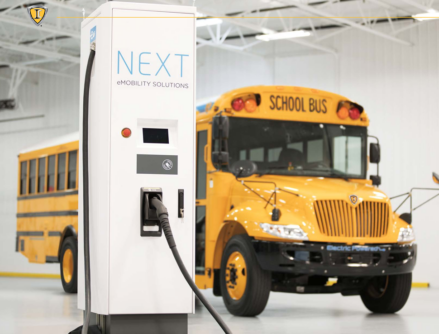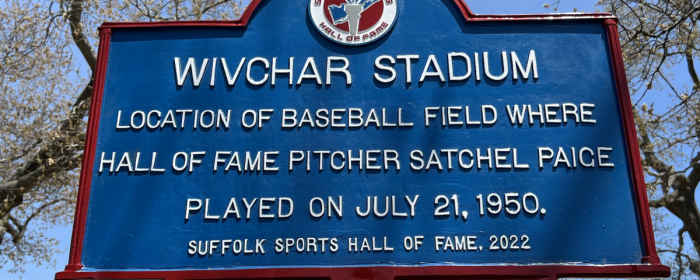Levittown school officials expressed concerns over an impending state mandate to implement electric buses at their September meeting.
“While the board supports environmentally friendly initiatives, such as our solar carports that we’re installing across the district, we do have concerns about the timeline from the state,” Levittown Superintendent Todd Winch said. “I just would like it to be a little more reasonable. But nonetheless, we do have to prepare for the possibility that we are going to need to comply with this mandate.”
New York State requires schools to transition to a 100% zero-emission electric school bus fleet by 2035.
New York State Energy Research and Development Authority website says that “Phasing out New York’s diesel and gas school bus fleet entirely by 2035 will ensure the health and safety of the 1.5 million students who ride the bus every day, the drivers and technicians who keep the buses running smoothly, and communities across the State.”
Board members expressed concern about the changes in the electric grid required to comply with the state’s mandate.
Mike Adams, a representative of IC Bus, an electric bus manufacturer, said the district’s 33 busses would each require 80 amps — a total of 2,640. Adams said the district currently can charge one bus.
Winch said that PSEG would likely need to build a substation to support the power increase required for the area.
“Work needs to be done with local officials to slow down the timeline to make this a more feasible and realistic process,” said the superintendent.
He said the district has looked into grants but found them problematic.
“The grants we have looked into require the school to purchase a large number of busses, and A, we don’t have the ability to charge them, and B even if we buy a large number of buses, we don’t know what’s going to happen,” Winch said.
The state Office of General Services lists the cost of an electric bus at $400,000. State aid will compensate approximately 60% of the purchase price, according to the Energy Research and Development Authority.
Adams said that to offset potential electrical demands, schools in some states have implemented alternative energy sources, such as solar panels. He also said money can be saved by charging the busses during off-peak hours.
However, the school board’s concerns over this implementation process remained.
The board will move forward with research into electric buses. The district will potentially purchase a single bus and test it to understand the specific needs of Levittown schools better.



































